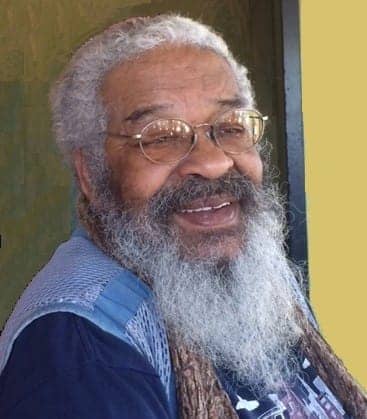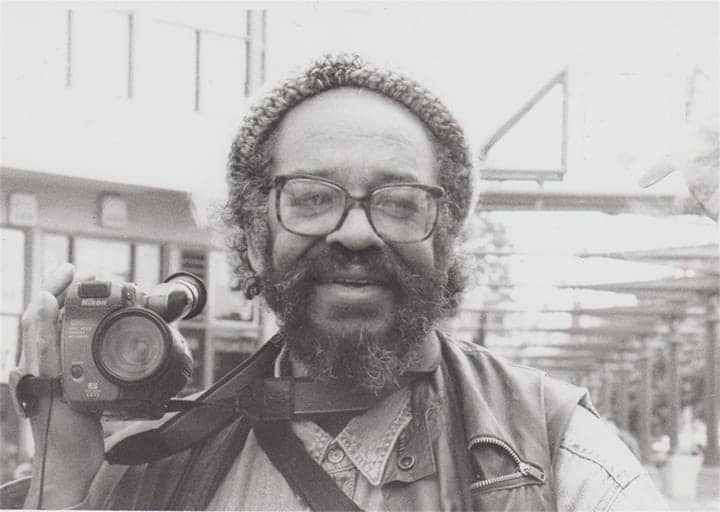
Lafayette S. Jamerson Jr., better known as Jamie, was born on Nov. 22, 1935, in Keithville, Louisiana, to Elizabeth Goodwin Jamerson and Lafayette S. Jamerson Sr.
His extended family was part of the mass migration of southern African Americans seeking a better life in the northern and western states during the 1900s. In 1943, Lafayette’s mother joined the movement and arrived in San Francisco, temporarily leaving behind her three children in Louisiana.

After she secured a job as a welder in a Bay Area war-time ship manufacturing yard, she saved enough money to purchase her first home in the Fillmore District. She then promptly relocated the rest of her family. This included her mother, Agnes Goodwin, Lafayette Jr. (Jamie) and his two sisters, Alice and Geraldine.
Growing up in San Francisco, Jamie graduated from George Washington High School. During this time, he discovered a passion for theater and wrote and directed plays. He later attended San Francisco City College. His family was active and well known members of Third Baptist Church.

Jamie served in the United States Army starting in 1958. While stationed in Korea, he was assigned to the Cartography Department, where he learned the craft of map making and printing. After he was honorably discharged from the Army in 1961, Jamie opened a record shop and then a printing shop in the Fillmore District.
The printing business flourished, garnering Jamie a reputation as an accomplished printer and the go-to guy for press repair. He also ran a successful commercial refrigeration business and was a licensed general contractor.
Jamie and his wife Judy were married for almost 50 years. They raised Judy’s daughter Jaina (from a previous marriage) and their daughter Angela. Jamie and Judy lived on Harrison Street in the Mission district for 40 years. They were part of the local art scene and were active in community affairs.
In his later years, Jamie was instantly recognizable. In addition to his colorful suspenders and hand-made wool caps, he always had a camera or a video recorder in hand – documenting life’s events wherever he went. He was also known to be generous to those in need and often voiced his deep concerns for the changing state of the African American community in the Fillmore. He worked on many community projects and used his voice, means and talents to protest injustice wherever he saw it.

Jamie is survived by his wife Judy, daughter Angela, step-daughter Jaina, sister Geraldine, and numerous nieces, nephews and cousins. He will be fondly remembered by friends in the many circles he touched throughout his life.





